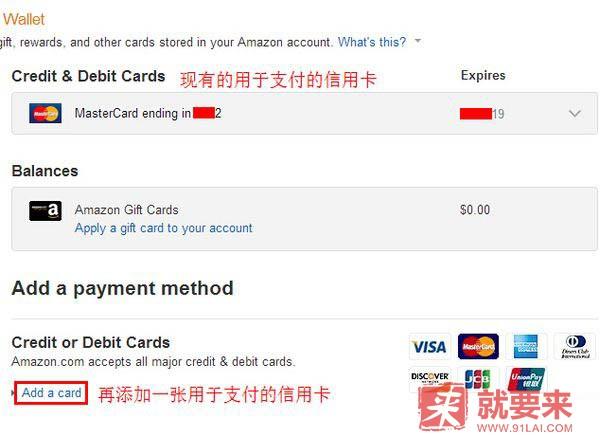"Navigating Your Options: Educational Loans with Bad Credit for Aspiring Students"
---#### Understanding Educational Loans with Bad CreditEducational loans with bad credit refer to financial assistance designed for students who may have a……
---
#### Understanding Educational Loans with Bad Credit
Educational loans with bad credit refer to financial assistance designed for students who may have a less-than-stellar credit history. This can often be a significant barrier for many aspiring students who wish to pursue higher education but worry about their ability to secure funding. However, the landscape of educational financing is evolving, and there are options available for those who find themselves in this situation.
#### Why Bad Credit Affects Loan Eligibility
Credit scores are a critical factor that lenders consider when evaluating a borrower's ability to repay a loan. A low credit score can indicate a history of missed payments, high debt levels, or other financial issues, making lenders wary of extending credit. For students, this can be particularly challenging because many are just starting to build their credit history. Understanding the implications of bad credit is essential for navigating the loan application process effectively.

#### Types of Educational Loans Available
1. **Federal Student Loans**: These loans often have more lenient eligibility requirements. For instance, Direct Subsidized and Unsubsidized Loans do not consider credit history. However, PLUS Loans for graduate students do require a credit check, which can be a hurdle for those with bad credit.
2. **Private Student Loans**: Many private lenders offer educational loans with bad credit, though they may come with higher interest rates. Some lenders might require a co-signer with good credit to mitigate their risk.
3. **Alternative Financing Options**: Scholarships, grants, and income-share agreements are other avenues students can explore. These options do not typically consider credit scores and can provide much-needed financial support.

#### Strategies for Securing Educational Loans with Bad Credit
1. **Research Lenders**: Not all lenders have the same criteria for evaluating credit. Some specialize in working with students who have bad credit. It’s crucial to compare terms, rates, and conditions from various lenders.
2. **Consider a Co-Signer**: If possible, having a co-signer with good credit can significantly improve your chances of loan approval and secure better interest rates. This person will be responsible for the loan if you default, so it's essential to choose someone you trust.
3. **Improve Your Credit Score**: While it may take time, working on your credit score can open up more opportunities for financing. Paying off debts, making timely payments, and avoiding new debt can gradually improve your creditworthiness.

4. **Explore Federal Aid Programs**: Fill out the Free Application for Federal Student Aid (FAFSA) to see if you qualify for need-based federal aid, which does not depend on credit history.
#### Conclusion
While educational loans with bad credit may seem challenging to obtain, numerous options are available for students willing to explore them. By understanding the types of loans available, researching lenders, considering co-signers, and improving credit scores, students can navigate the financial landscape more effectively. Education is an investment in the future, and with the right resources, anyone can find a way to finance their academic journey, regardless of their credit history.